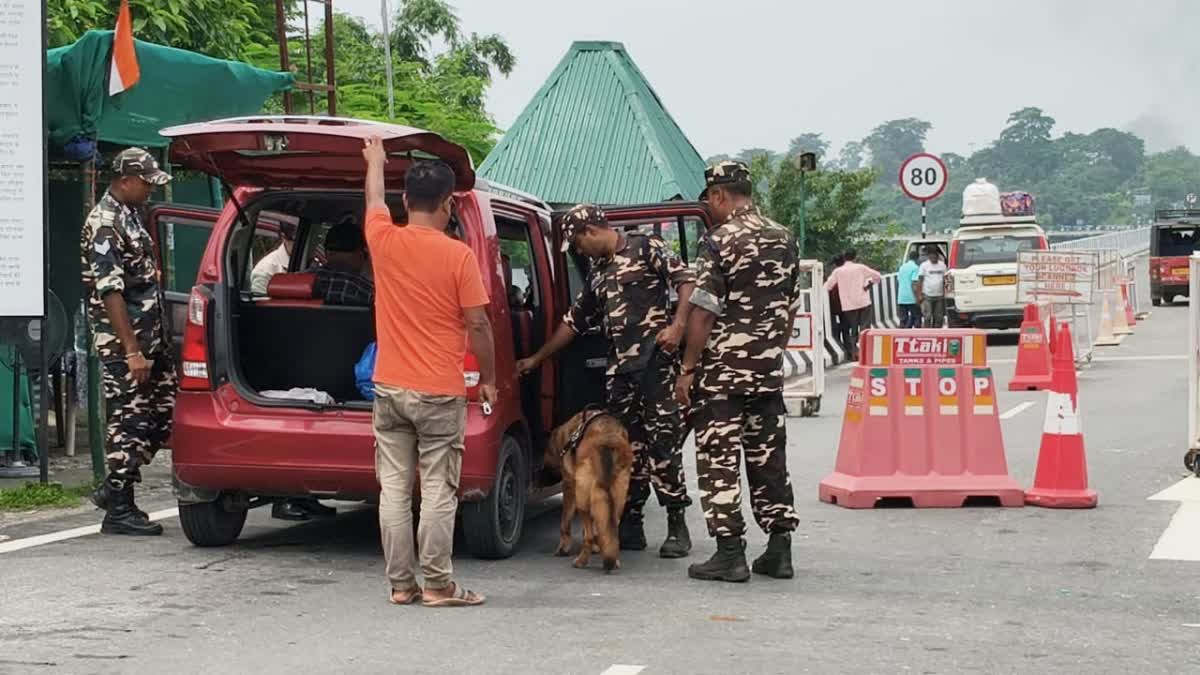Nepal is witnessing one of its fiercest youth-led uprisings in recent years and the turmoil has triggered political upheaval, with multiple ministerial resignations and the resignation of Prime Minister K.P. Sharma Oli.
In response, India has placed its entire 1,751-kilometer-long border with Nepal on high alert. The five states sharing the frontier—Uttarakhand, Bihar, Uttar Pradesh, Sikkim, and West Bengal—have increased security to prevent the unrest from spilling into Indian territory. The Ministry of Defence has deployed additional forces at sensitive checkpoints.
Darjeeling police on the frontline
In Darjeeling district, Superintendent of Police Praveen Prakash inspected the Panitanki border on Tuesday. “We have begun door-to-door searches at the checkpoints. While there is no unrest on this side, we are on full alert. The SSB is coordinating with Nepal Police. If any Indian faces difficulty in Nepal, they can call our 24-hour helpline,” he assured.
A dedicated control room has been set up by the Darjeeling police to assist Indians trapped in Nepal. Tourists unnerved by violence—including police firing, lathicharge, and water cannons—have started returning in haste.
Border becomes frontline of vigilance
For India, the immediate goal is containment. Additional deployments, strict surveillance, and preventive checks have turned the Indo-Nepal border into the frontline of vigilance as Nepal battles a wave of youth rebellion that shows no signs of abating.
The usually busy crossings, where 6,000–7,000 people pass daily, have fallen eerily quiet. Only a handful of vehicles are being allowed through, each subjected to thorough searches. Dog squads have been stationed, and police are documenting details of every driver and passenger. Hundreds of trucks are stranded on both sides of the border, leaving nearly a hundred Indian truckers stuck in Nepal.
Protesters burning tires near the frontier have further raised tensions. Reports of clashes and two deaths near the Nepalese border outposts have prompted Indian agencies to maintain maximum caution. Security patrols have been intensified, and round-the-clock monitoring is underway.


